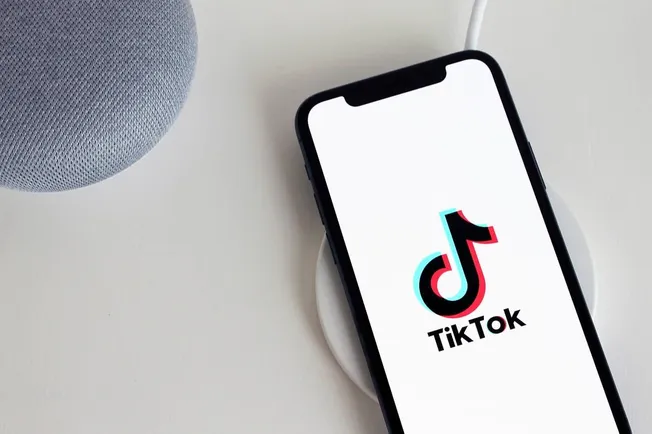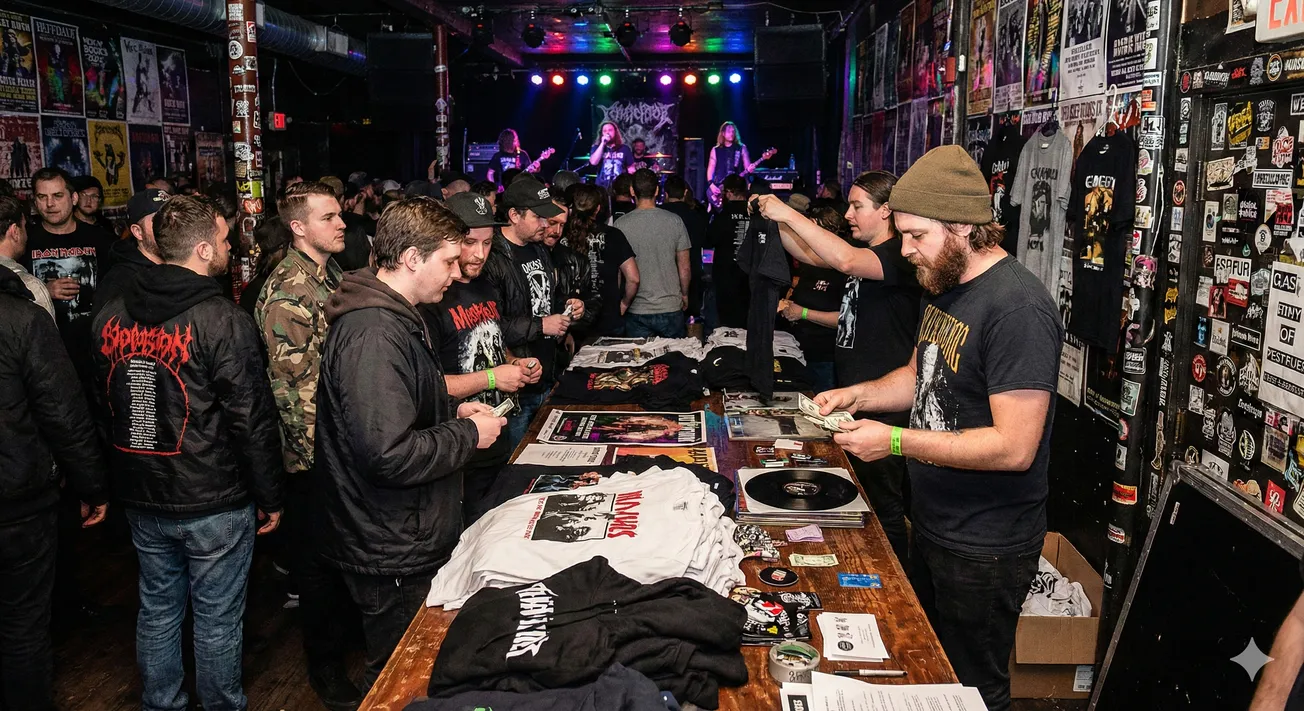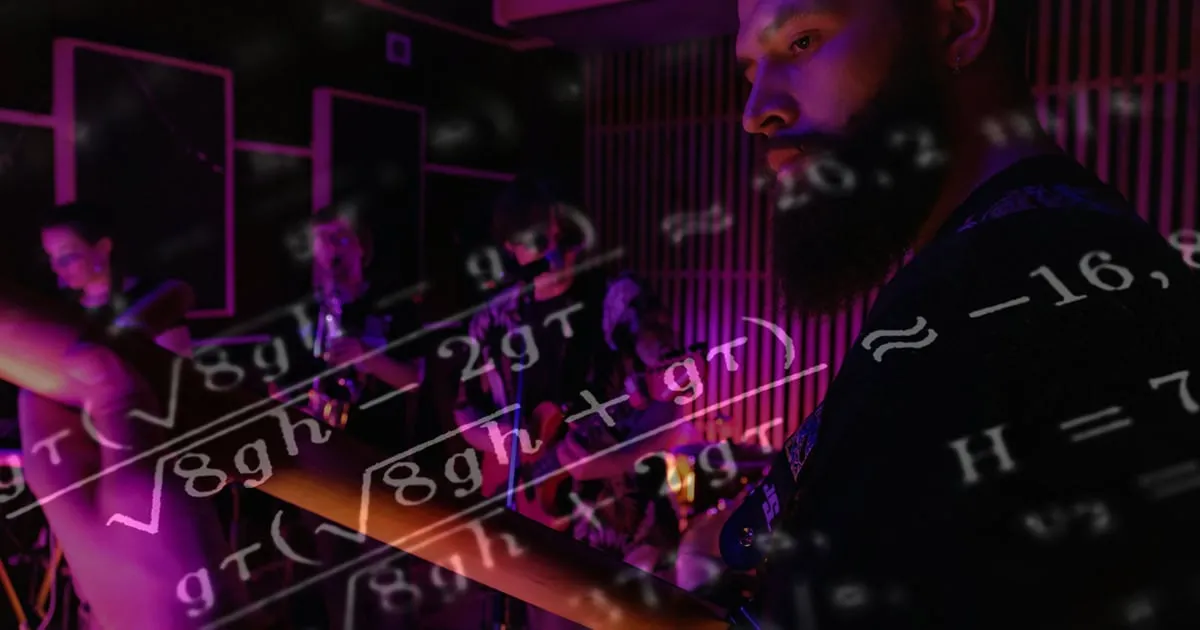Up and coming pop musician, Tai Verdes, went viral on TikTok with the last year and now he’s touring the US. Here’s how it happened…
by Mike Masnick from Tech Dirt.

There was recently an absolutely fascinating episode of the NPR podcast Planet Money, all about how Tai Verdes became a pop star. It actually appears to be a rerun of a different podcast, called Switched On Pop, which originally ran back in December of last year, but I first heard it on Planet Money. The story covers how he became massively popular while he was still working in a Verizon store.
But the thing that struck me as much more interesting is listening to it and realizing just how much the world of becoming a pop star has changed in the last two decades. Two decades ago, the recording industry still insisted that the internet’s only purpose was to destroy the “music industry” (they meant the recording industry, but they like to mix up the two). They freaked out at the idea of anyone anywhere ever giving away any music for free, and whined that those who experimented with giving stuff away for free “devalued” the music.
Slowly, but surely, the industry has been dragged into the internet era (still kicking and screaming, and demanding things like surveillance upload filters). But the story of Verdes was fun to listen to in showing just how different things are. The record labels are no longer the gatekeepers they once were. Verdes can now partner with them, as he is, but it appears to be much more on his own terms, rather than theirs. That wasn’t even remotely possible until recently.
Verdes notes in the interview that he basically set out to become a pop star, and explored how best to use social media to do so. He went searching for beats he could license on YouTube. He found some great ones that he could pair with clever arranging and ridiculously catchy lyrics, and then tried to spread the music everywhere he could — with a focus on TikTok (and then Spotify). And it worked. He notes, of course, that this (1) obviously doesn’t work for everyone, and (2) the market is always changing and new services can become more or less important over time.
But either way, it’s a notable story if only to compare just how far the industry has come in these past few decades, from a world in which the giant labels were the full on gatekeepers and tastemakers, and most people in Tai’s position who wanted to become pop stars would be completely out of luck, no matter what they did on their own. But now, it’s possible for someone with his talent to build a following and have the record labels coming to him, trying to partner with him (rather than control him).





